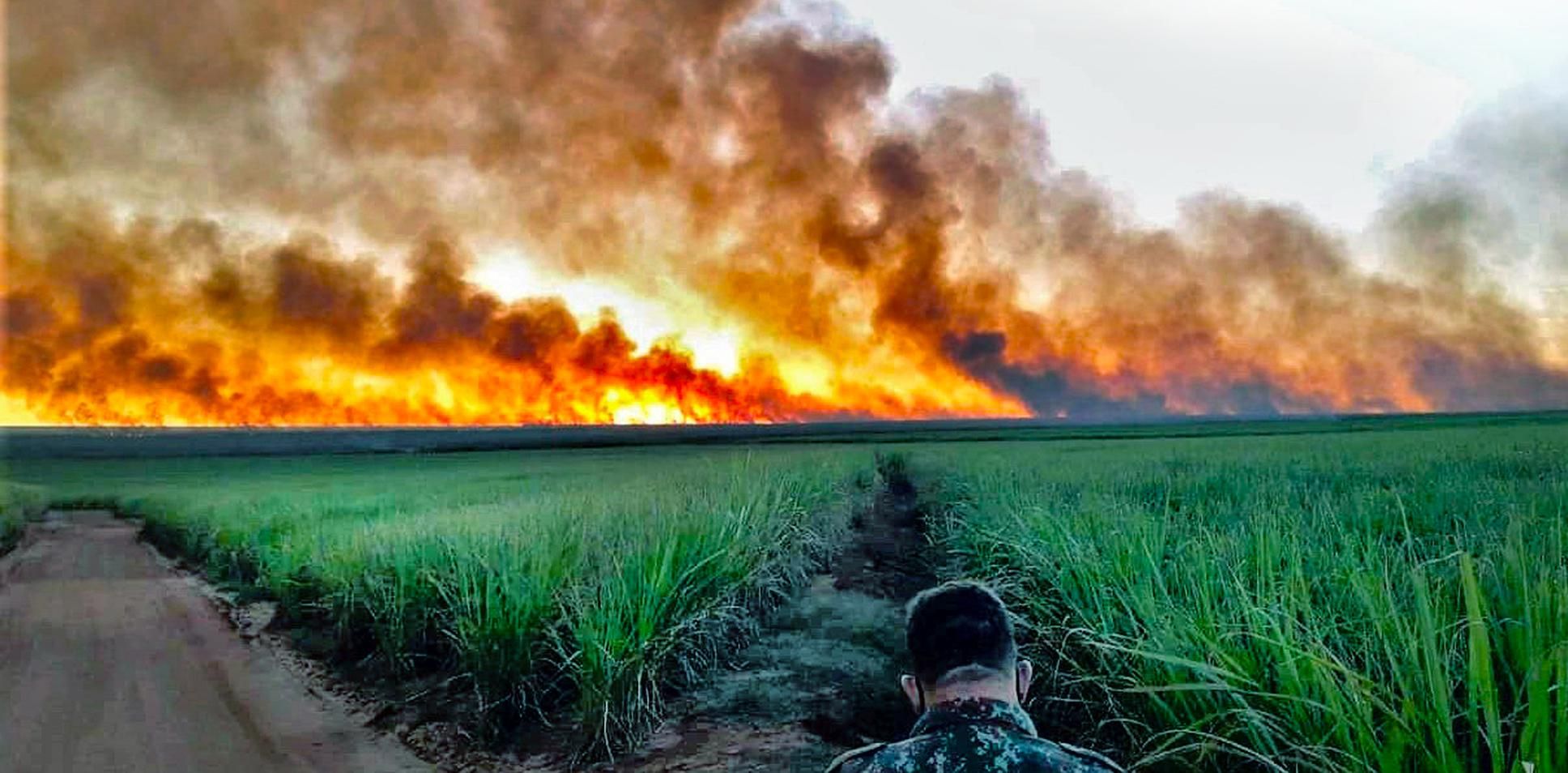News
December 01, 2020
12: Annual deforestation in Brazil's part of the Amazon rainforest has reached a 12 year high, with more than 4,200 square miles burned this year. That's an increase of 9.5 percent over the previous year. Destruction of the Amazon has increased under Brazilian president Jair Bolsonaro, who favors economic development of the rainforest.
82: The Turkish government has arrested 82 members of the military over suspected links to Fethullah Gulen, an exiled Muslim cleric whom Ankara blames for a failed coup in 2016. Gulen, who lives in the US, is the head of a global movement that focuses on Islamic values and education. Turkish authorities have sought his arrest for years.
30: Authorities in the West African nation of Mauritania say they have recently busted more than 30 illegal migration networks responsible for trafficking people to Europe. The news comes just a few weeks after more than 140 migrants aiming to reach Spain's Canary Islands died in a shipwreck off the Senegalese coast.
4.2: There's some light at the end of the COVID tunnel — the OECD says that the global economy will grow 4.2 percent next year, after shrinking by the same amount this year due to the coronavirus pandemic.
More For You
Most Popular
Fishing boats moored at Taganga Beach, as fishermen express concern over unclear US government videos showing strikes on vessels during anti-narcotics operations, amid fears that those targeted may have been fishermen rather than drug traffickers, in Santa Marta, Colombia, on October 20, 2025.
REUTERS/Tomas Diaz
Walmart’s $350 billion commitment to American manufacturing means two-thirds of the products we buy come straight from our backyard to yours. From New Jersey hot sauce to grills made in Tennessee, Walmart is stocking the shelves with products rooted in local communities. The impact? Over 750,000 American jobs - putting more people to work and keeping communities strong. Learn more here.
© 2025 GZERO Media. All Rights Reserved | A Eurasia Group media company.
